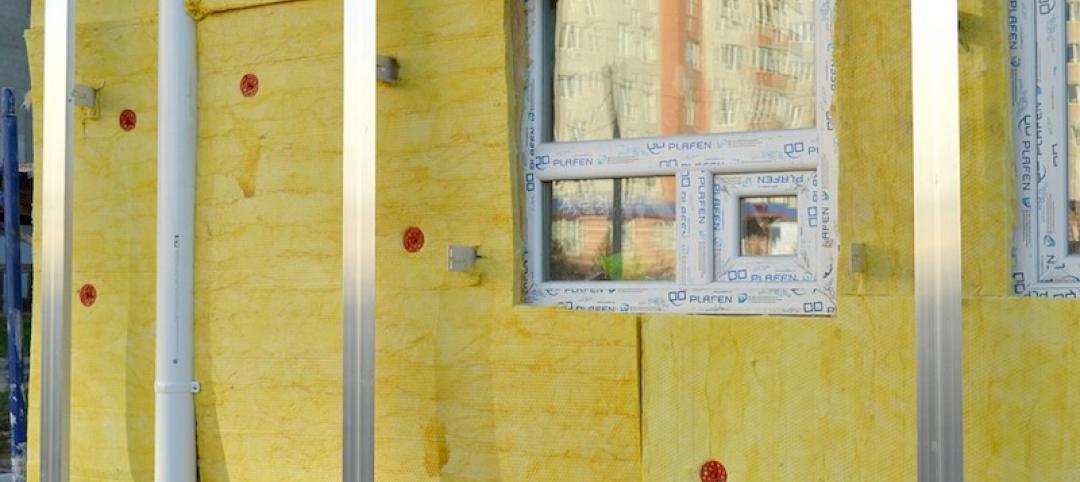The Washington D.C. Council recently passed legislation that will make it more expensive for owners to hold vacant or blighted property.
The Vacant Property Enforcement Act of 2016 reduces the maximum amount of time a vacant property can qualify for an exemption from higher vacancy tax rates. It also closes a loophole that allows continuous renewal of construction permits to qualify for tax exemptions, and require owners of vacant properties to prove they are no longer subject to the higher tax rates.
"The District has a substantial number of vacant properties, many of which are poorly maintained,” the bill report says. "Property owners may keep their properties vacant or fail to maintain them because they expect property values to rise over time. Poorly maintained and vacant properties can damage surrounding communities by being eyesores, by serving a venue for drug use and by providing a home for rodents or other animals. The net effect is to reduce the feeling of a cohesive community and depress surrounding property values."
The legislation reduces the time an owner can claim an exemption from higher taxes because of construction to one year for residential properties and to two years for commercial properties. Fines for failing to comply with city property regulations will rise from $1,000 to $5,000.
Related Stories
Codes and Standards | Oct 12, 2018
Boston ‘housing emergency’ prompts regional initiative for new residential construction
Mayors of 15 cities set goal of 185,000 new homes by 2030.
Codes and Standards | Oct 11, 2018
On-site staff key to energy benchmarking project for property management company
Manager training, data sharing are critical to meeting 20% utility cost reduction goal.
Codes and Standards | Oct 10, 2018
Interactive heat maps track temperature ranges in U.S. cities
Urban heat island effect can vary by as much as 37°F in the same city.
Codes and Standards | Oct 9, 2018
Power systems will become more decentralized for better disaster resiliency
Businesses, homeowners will control more power-generation capacity.
Codes and Standards | Oct 5, 2018
Getting commitments from key subs critical on government contracts
Withdrawn subcontractor bids can be costly.
Codes and Standards | Oct 4, 2018
Internal watchdog says EPA falling short to protect school children from asbestos
Agency not conducting enough inspections, report says.
Codes and Standards | Oct 3, 2018
Climate change impacts could prompt realignment of assets for commercial property developers
Strategies include reducing exposure to properties in flood-prone areas.
Codes and Standards | Oct 2, 2018
Political will, tougher standards needed to reach carbon neutral goal
Stretch codes, more stringent credentials for designers, contractors, and inspectors may be needed.
Codes and Standards | Sep 27, 2018
Natural light is the most prized office perk
Employees crave sunshine and views of the outdoors more than cafeterias, fitness centers, and childcare.
Codes and Standards | Sep 26, 2018
Industry consensus needed for multifamily energy efficiency retrofit approach
Choice of insulating materials can impact indoor air quality, resident health.
















